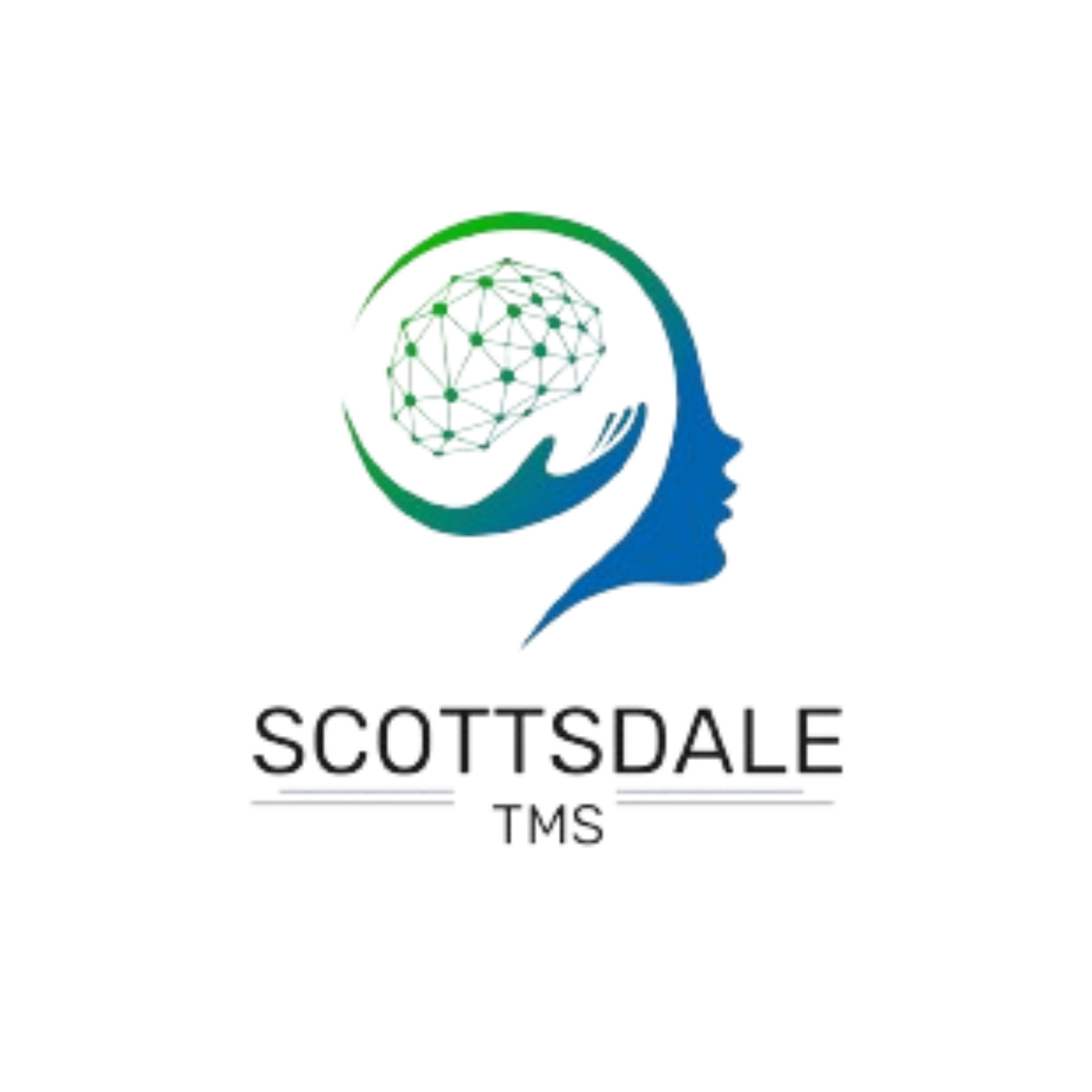Mental health treatment options have evolved significantly over the years. Among the many treatment options available, Transcranial Magnetic Stimulation (TMS) has emerged as a promising therapy, especially for those who have struggled with traditional treatments such as antidepressant medication or talk therapy.
TMS has garnered attention for its ability to target and stimulate specific part of the brain responsible for mood regulation. While pros and cons of TMS therapy have been discussed extensively, it is important to examine how this treatment works, its potential benefits, and its limitations.
Questions Answered in This Article:
Our Alcohol Addiction Treatment Programs

Scottsdale Rehab
Luxury Personalized Rehab

Hart Rehab
Holistic Luxury Personalized Rehab

Scottsdale Detox
Luxury Medical Detox
What is Transcranial Magnetic Stimulation (TMS)?
Definition and Mechanism of Action
Transcranial Magnetic Stimulation (TMS) involves using magnetic fields to stimulate nerve cells in specific regions of the brain, particularly the dorsolateral prefrontal cortex, which plays a key role in mood regulation. By sending electromagnetic pulses via a magnetic coil placed on the scalp, TMS can effectively modulate brain activity, offering a non-invasive treatment option for conditions like depression, anxiety, OCD, and PTSD.
FDA Approval and Clinical Applications
Since receiving FDA approval in 2008, TMS treatment has been used as a treatment for depression, particularly in cases of treatment-resistant depression, where other treatments, such as antidepressants or therapy, have failed. Studies show that TMS can help alleviate depressive symptoms and has also been used to treat other conditions like anxiety and OCD.
A proven solution for treatment-resistant depression.
Safe, effective, and non-invasive.
What Are the Pros and Cons of TMS Treatment?
Pros of TMS Therapy
- Non-Invasive & Minimal Side Effects – Unlike surgery, TMS therapy uses a magnetic coil to stimulate nerve cells, avoiding major risks. Side effects are typically mild, like headaches or scalp discomfort.
- Effective for Treatment-Resistant Conditions – Helps those with treatment-resistant depression, anxiety, and OCD when other treatment options fail.
- No Anesthesia or Downtime – Sessions last 30–40 minutes, and patients can return to daily activities immediately.
- Outpatient & Drug-Free – No need for antidepressant medication, reducing dependency on pharmaceuticals.
Cons of TMS Therapy
- Potential Side Effects – May cause mild headaches, dizziness, or in rare cases, a risk of seizures.
- Limited Accessibility – Not widely available, requiring travel for some patients.
- Cost & Insurance Coverage – Can be expensive; insurance coverage varies.
- Not for Everyone – Unsuitable for individuals with metal implants or specific medical conditions.
- Time Commitment – Requires five sessions per week for 4–6 weeks, which can be demanding.
Conditions TMS Can Treat
TMS for Depression
TMS for depression has been one of the most widely studied and successful applications of this therapy. For those suffering from major depressive disorder, especially those who haven’t responded to conventional treatments like medication or therapy, TMS offers a non-invasive alternative that can significantly reduce depressive symptoms and improve quality of life.
TMS for Anxiety and PTSD
While TMS for depression is the most well-known, research has also shown that TMS therapy can be effective for conditions like anxiety and PTSD. By stimulating areas of the brain involved in emotional regulation, TMS can help reduce the intensity of anxiety and improve overall emotional well-being.
TMS for OCD and Other Mental Health Disorders
In addition to anxiety and depression, TMS has been used to treat obsessive-compulsive disorder (OCD). By targeting the brain regions associated with repetitive thoughts and behaviors, TMS therapy helps modulate these neural circuits, reducing the severity of OCD symptoms.
Is TMS Therapy Right for You?
Factors to Consider Before Choosing TMS
If you’re considering TMS therapy, think about factors such as the severity of your condition, whether you’ve tried other treatment options like antidepressant medication, and how committed you are to undergoing the treatment. TMS is not a quick fix, and patients need to be ready to commit to multiple sessions.
Consulting with Healthcare Professionals
The decision to pursue TMS treatment should be made in consultation with your healthcare provider. A thorough evaluation will help determine if TMS is the right treatment for your mental health condition, whether it be depression, anxiety, OCD, or another disorder. Your doctor will discuss the pros and cons of TMS for depression or other conditions specific to you.
TMS Therapy Near Me
As you explore the pros and cons of TMS therapy, it’s essential to consider reputable treatment centers that provide personalized care.
For those in the Scottsdale and Phoenix areas, Scottsdale TMS Therapy offers cutting-edge TMS treatments alongside individualized therapy, ensuring a holistic approach to mental health recovery.
With state-of-the-art technology and a team of experienced professionals, they’re committed to providing a comfortable and effective environment for patients seeking relief from depression, anxiety, OCD, and more. To learn more, visit Scottsdale TMS Therapy today.

